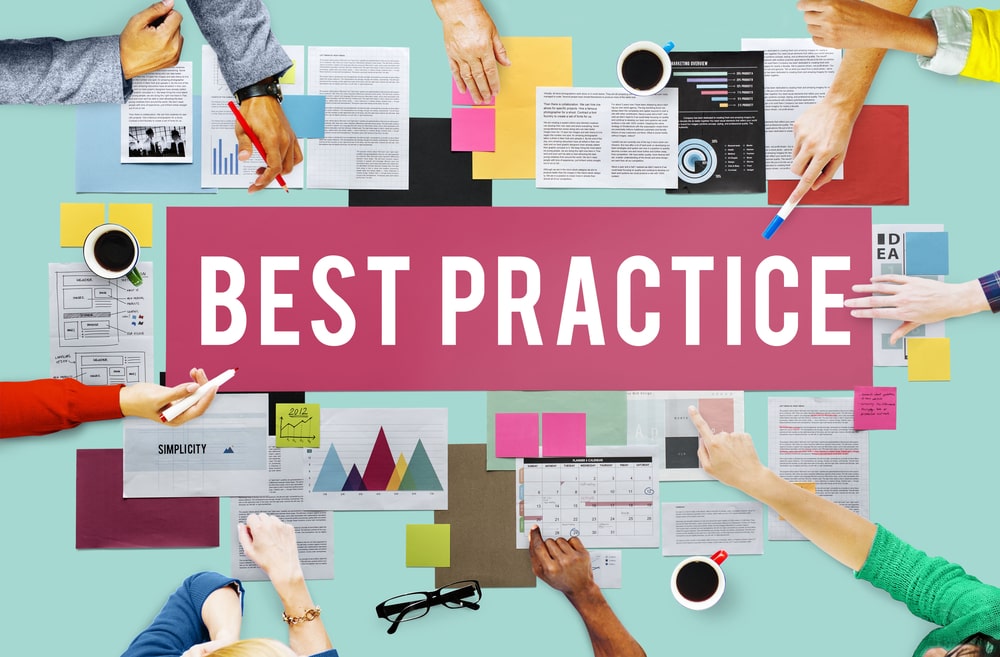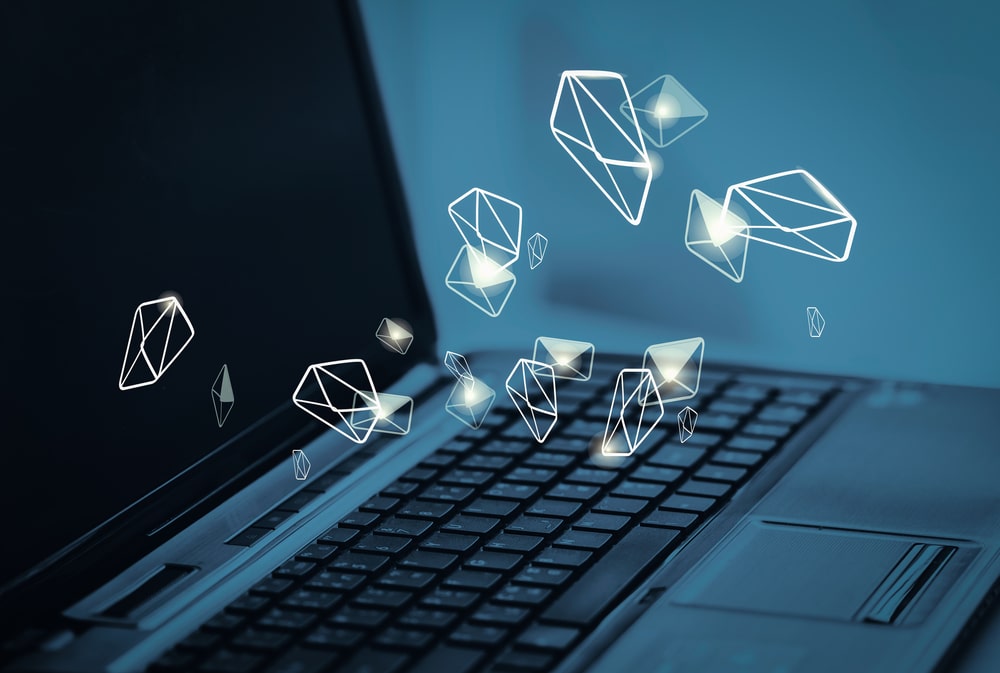Email management refers to the practice of organizing and prioritizing incoming and outgoing emails to improve productivity, efficiency, and communication. It is necessary because email has become one of the primary modes of communication in both personal and professional settings, with millions of emails sent and received every day.
Effective email organization has several positive benefits, including:

- Improved productivity: By organizing rigorous email management strategy, users can save time and focus on essential tasks, increasing productivity and efficiency.
- Reduced stress: A cluttered inbox can be overwhelming and stressful, but effective email management can reduce this stress by providing a sense of control and organization.
- Better communication: Prioritizing and responding to emails promptly can improve communication with colleagues, clients, and friends, leading to better relationships and more successful outcomes.
- Increased security: Proper email management can help prevent data breaches and protect sensitive information, improving security and reducing the risk of identity theft or other cyber attacks.
- Better work-life balance: By efficiently managing emails, users can achieve a better work-life balance and prevent email overload from spilling into personal time.
In summary, effective email management can improve productivity, reduce stress, improve communication, increase security, and achieve a better work-life balance.
For example sorting emails is useful for our inbox organization. First, create folders for emails that need a response and others that do not. Secondly, apply label filters to sort emails by category. Lastly, delete unimportant or irrelevant emails regularly to avoid cluttering the inbox.
Best Practices for Effective Inbox Email Management!

- Avoid unnecessary email chains: Keep emails short and to the point.
- Set a time limit for responses: Establish expectations with recipients so they know when to expect a response.
- Prioritize task based on importance: Don’t let less important emails take precedence over more urgent tasks.
- Unsubscribe from mailing lists you no longer need or want: This will reduce the number of unimportant emails in your inbox.
- Regularly check spam folder: Spam filters can be too aggressive, making sure nothing is missed is essential.
- Create rules and structure: Create templates and folders that automate processes, save time, and improve productivity.
- Educate yourself on email security protocols: Knowing how to protect yourself against phishing attacks and other cyber security threats is critical.
- Utilize email productivity tools: Automate mundane tasks, filter out low priority messages, or use AI to schedule emails at the optimal time of day.
- Make sure you have a system in place: Time-blocking and task batching can help you stay focused and make sure nothing falls through the cracks.
- Set boundaries around when you check your email: Set a limit on how often or when you check your inbox to prevent getting sucked into an endless cycle of responding to every message as it arrives.
- Unplug once in awhile: Take regular breaks from checking and replying to emails to give yourself some space for reflection and creativity.
So email tricks can help you stay on top of your inbox, but it’s also important to remember that email is only one piece of the puzzle. Don’t forget to build in other components of productivity and time management into your routine, such as creating a daily routine, setting regular goals and deadlines, and being mindful of how you spend your time.
If you’re panicking about a huge amount of emails and every single one in your head is the phrase “every day i get emails” echoing over and over, take a deep breath. Use the tricks above to help you clear out your inbox more quickly, then make sure to set aside time each week to review and respond to emails, as well as use productivity tools that can help you stay organized. By doing so, you’ll be able to manage your time and energy more efficiently, leaving you with more time for the important things.
Email management best practices at work include setting auto-responders and email filters, sorting emails into folders, archiving or deleting emails that are no longer important, and unsubscribing from emails that aren’t relevant. When you do need to respond to an email, try to keep your response short and sweet so you don’t get bogged down in details. And if you’re dealing with a long or complex email, break it up into smaller tasks that are easy to tackle.
Statistics 2022 show that nearly 50% of the average person’s workday is spent on email. As a result, it’s important to be able to manage your inbox and prioritize emails in order to make sure you’re getting the most out of your day. With improved email management practices, you’ll be better equipped to handle an overflowing inbox and quickly respond to important messages.
Students, professionals, and entrepreneurs alike can benefit from learning how to prioritize emails. To do this, you’ll need to develop an understanding of the sender’s needs and be able to quickly identify what information is important and needs urgent attention. Additionally, setting reminders or marking emails as unread can help you stay organized and ensure nothing slips through the cracks.

Bosses and managers can also benefit from improved email management. In order to maximize productivity and minimize distractions, it’s important to train employees on how to properly manage their inboxes. Teaching them how to prioritize emails and respond quickly will help streamline communication and reduce the amount of time spent sorting through emails.
Implementing a few basic rules for email etiquette can help both managers and employees stay organized. Establishing a ‘no cc’ policy, for example, will reduce the amount of irrelevant emails clogging up inboxes. Additionally, setting aside specific times to check email — rather than checking it constantly throughout the day — can help keep everyone focused and on task. By following these tips, managers can ensure their employees stay on top of their emails and get more work done.
In conclusion, email overload is a common problem in the workplace. However, with proper management techniques and etiquette policies, managers can help their teams stay organized and productive. By focusing on inbox organization, prioritizing emails, and implementing clear email rules, managers can help their teams make the most of their time. Ultimately, these tips can help managers create an efficient and successful workplace environment where employees are better able to communicate and collaborate.